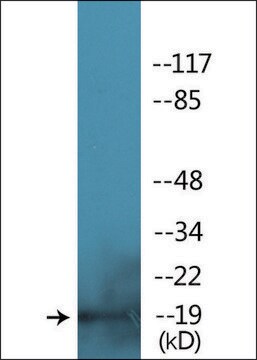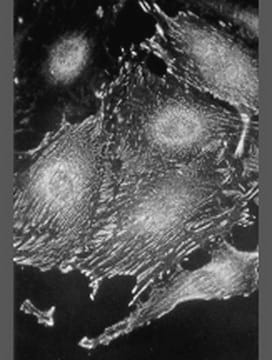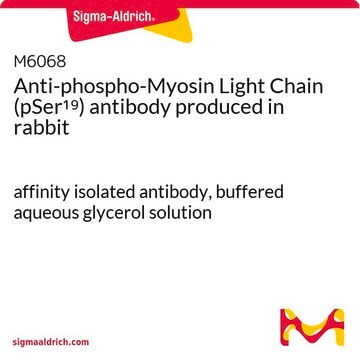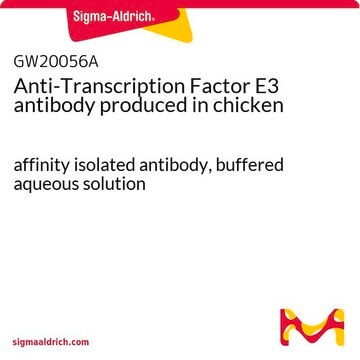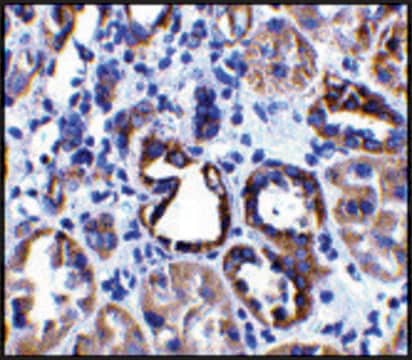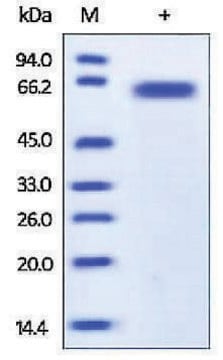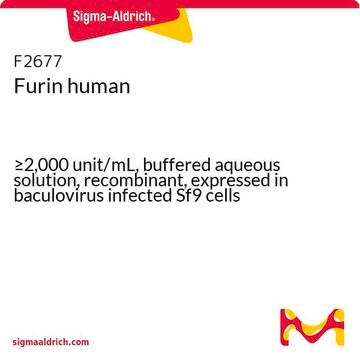MABN59
Anti-ACE2 Antibody, clone 4G5.1
clone 4G5.1, from mouse
Synonym(s):
Angiotensin-converting enzyme 2, ACE-related carboxypeptidase, Angiotensin-converting enzyme homolog, ACEH, Metalloprotease MPROT15
About This Item
Recommended Products
biological source
mouse
Quality Level
tag
GST tagged
antibody form
purified antibody (protein G)
antibody product type
primary antibodies
clone
4G5.1, monoclonal
mol wt
~62 kDa
species reactivity
human
technique(s)
western blot: suitable
isotype
IgG1κ
NCBI accession no.
UniProt accession no.
shipped in
wet ice
storage temp.
2-8°C
target post-translational modification
unmodified
Gene Information
human ... ACE2(59272)
General description
Specificity
Immunogen
Application
Signaling
Signaling Neuroscience
Biochem/physiol Actions
Quality
Western Blot Analysis: A 1:2,000 dilution of this antibody detected ACE2 in 10 µg of HEK293 cell lysate.
Target description
Linkage
Physical form
Storage and Stability
Analysis Note
HEK293 cell lysate
Disclaimer
Not finding the right product?
Try our Product Selector Tool.
recommended
Storage Class Code
12 - Non Combustible Liquids
WGK
WGK 1
Flash Point(F)
Not applicable
Flash Point(C)
Not applicable
Certificates of Analysis (COA)
Search for Certificates of Analysis (COA) by entering the products Lot/Batch Number. Lot and Batch Numbers can be found on a product’s label following the words ‘Lot’ or ‘Batch’.
Already Own This Product?
Find documentation for the products that you have recently purchased in the Document Library.
Customers Also Viewed
Our team of scientists has experience in all areas of research including Life Science, Material Science, Chemical Synthesis, Chromatography, Analytical and many others.
Contact Technical Service